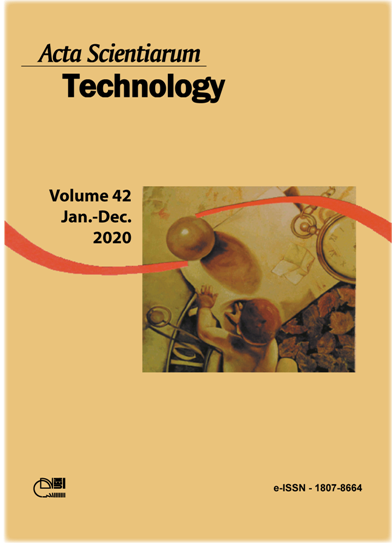Brazilian continental aquaculture: a model for the development of its regularization
DOI:
https://doi.org/10.4025/actascitechnol.v42i1.47064Keywords:
aquaculture authorization, environmental licensing, aquaculture management, grounded theory.Abstract
The Brazilian fish farming in Federal reservoirs is being discouraged by the country's current legal system due to the bureaucracy and the involvement of many agencies. This research provides a survey of the problems related to the current processes of Authorization of Aquaculture in Federal Waterbodies and Environmental Licensing of the activity and develops a model that gathers theories for improving these processes. In order to do this, 68 questionnaires were applied to key-agents of the sector from different regions of the country. Also, a Grounded Theory methodology was used to organize, code, and analyze the data collected and to outline the model of the main emerging theories. The model revealed 21 recommendations to unlock and accelerate the current process of regularization. Putting some of these actions into practice, it´s believed that fish farming would be able to attract new and old interested parties, reducing many illegal enterprises.
Downloads
Downloads
Published
How to Cite
Issue
Section
License
DECLARATION OF ORIGINALITY AND COPYRIGHTS
I Declare that current article is original and has not been submitted for publication, in part or in whole, to any other national or international journal.
The copyrights belong exclusively to the authors. Published content is licensed under Creative Commons Attribution 4.0 (CC BY 4.0) guidelines, which allows sharing (copy and distribution of the material in any medium or format) and adaptation (remix, transform, and build upon the material) for any purpose, even commercially, under the terms of attribution.
Read this link for further information on how to use CC BY 4.0 properly.















8.png)




